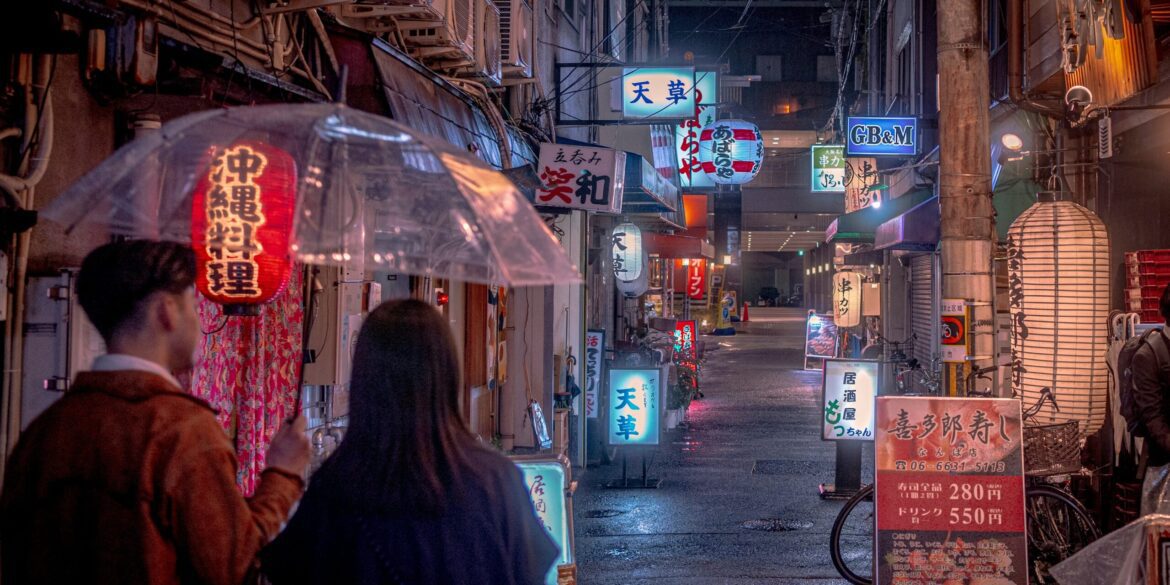The 24th New York Asian Film Festival concluded on July 27 with a closing ceremony at Film at Lincoln Center, wrapping up a 17-day celebration of bold and boundary-pushing cinema from across Asia. The event featured more than 100 films screened across multiple venues, marking its most ambitious edition yet.
The final night included the U.S. premiere of Flower Girl, a Filipino dark fantasy-comedy directed by Fatrick Tabada and starring Sue Ramirez. The film was met with strong audience response and critical praise for its satirical and socially conscious storytelling. Set in Metro Manila, it follows a beauty influencer who, after making a transphobic remark, is cursed by a trans fairy to lose her vagina. The narrative blends magical realism with a sharp critique of gender identity and prejudice.
This year’s theme, “Cinema as Disruption,” guided the selection of films that defied genre boundaries and challenged conventional narratives. The lineup featured eight world premieres, 41 North American premieres, and five U.S. premieres. Of the 17 directorial debuts presented, nearly half were directed by women. These choices underscored the festival’s growing emphasis on inclusive storytelling and support for underrepresented filmmakers.
Several standout films from South Korea and Southeast Asia helped anchor the program, with particular attention paid to stories that explored identity, technology, and social change. Films from the Philippines, Vietnam, Indonesia, and Thailand expanded the festival’s cultural reach and narrative diversity. Many of these titles featured new voices and unconventional styles, a hallmark of NYAFF’s programming ethos.
The festival also recognized emerging talent through several awards. The Uncaged Award for Best Feature went to Family Matters, a Taiwanese film that captured critical attention. Other notable recognitions included the Rising Star Asia Award and the Audience Award, highlighting new talent and crowd favorites. The Way We Talk from Hong Kong received another top prize for its innovative approach and emotional depth.
Screenings took place at key cultural venues including Film at Lincoln Center, SVA Theatre, LOOK Cinemas W57, and the Korean Cultural Center New York. Audiences were treated to a wide range of genres, from feminist thrillers to cosmic punk sagas, animated shorts, political documentaries, and genre-redefining horror. Curated sidebars such as “Queer Unbound,” “Vietnam Cinema Night,” and “North Korean Cool” offered further depth and regional focus.
Festival director Samuel Jamier called this year’s program the most ambitious to date, noting that it aimed to support daring filmmakers before they achieve wider recognition. That intention was echoed in the robust lineup of directorial debuts and fresh perspectives that redefined what Asian cinema can look like on the global stage.
Audience and critical reactions throughout the event were overwhelmingly positive. The energy and inclusivity of the festival were widely praised, and many films are now expected to receive broader North American distribution and streaming releases. This growing visibility continues to reinforce NYAFF’s reputation as a launchpad for innovative talent.
The 24th edition of the New York Asian Film Festival reaffirmed its mission to challenge cinematic norms and expand the global conversation around Asian storytelling. With its commitment to emerging voices, gender equity, and creative risk-taking, the festival once again demonstrated the evolving power of Asian cinema to surprise, provoke, and inspire.

